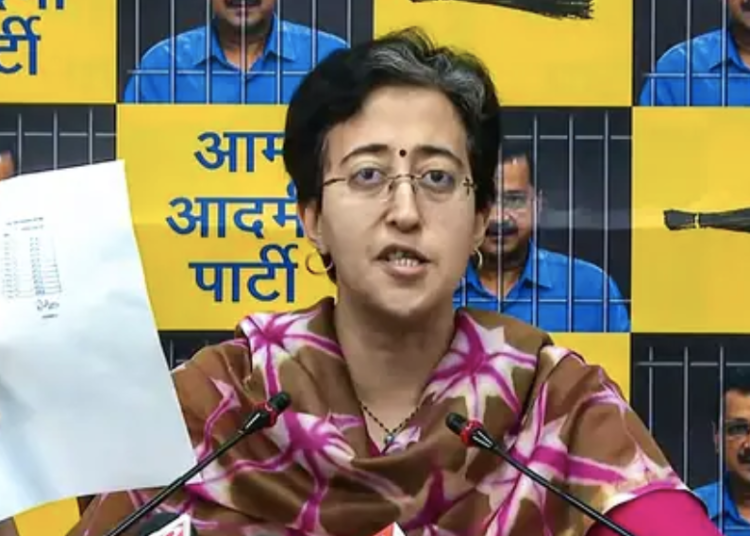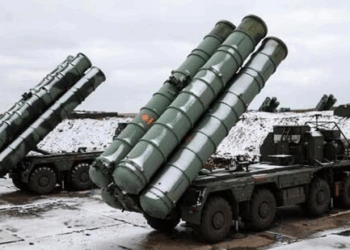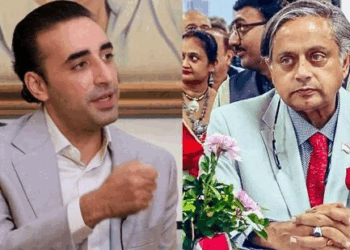As Delhi braces for upcoming elections, tensions between political rivals have escalated with the Aam Aadmi Party (AAP) leveling accusations against the Bharatiya Janata Party (BJP), alleging their involvement in creating a water crisis in the capital city. The pre-election turmoil has intensified as AAP leaders point fingers at the BJP, heightening public scrutiny of infrastructure issues and governance challenges.
The AAP’s allegations come amidst growing concerns over water scarcity in various parts of Delhi, with residents facing disruptions in water supply and grappling with the consequences of inadequate infrastructure. With elections on the horizon, the issue of water availability has emerged as a focal point of contention between competing political factions.
AAP leaders have vocally criticized the BJP-led municipal corporations for their alleged mismanagement of Delhi’s water resources, accusing them of exacerbating the crisis for political gain. The party has pointed to instances of pipeline leaks, water contamination, and inefficient distribution systems as evidence of the BJP’s failure to address the city’s pressing infrastructure needs.
The accusations leveled by the AAP have sparked a war of words between the two parties, with BJP leaders vehemently denying any responsibility for the water crisis and instead attributing the situation to systemic failures under the AAP government. The exchange of barbs underscores the heightened political stakes in the run-up to the elections, with both sides vying to gain the upper hand in the public discourse.
As the blame game unfolds, Delhi residents find themselves caught in the crossfire, grappling with the practical implications of the water crisis on their daily lives. With access to clean and reliable water becoming increasingly scarce, voters are closely scrutinizing the responses of political parties and leaders to address the pressing issue.
The AAP’s accusations against the BJP signal a broader strategy to rally public support by highlighting governance failures and infrastructure deficiencies under the opposition’s watch. Conversely, the BJP’s rebuttals seek to deflect blame and shift attention to the perceived shortcomings of the ruling party’s administration.
With elections looming, the water crisis has become a rallying cry for political mobilization, galvanizing support from constituencies disillusioned with the status quo. As political parties intensify their campaigns and trade accusations, the fate of Delhi’s water supply hangs in the balance, with voters poised to deliver their verdict on the handling of critical public services in the upcoming polls.








 India
India












